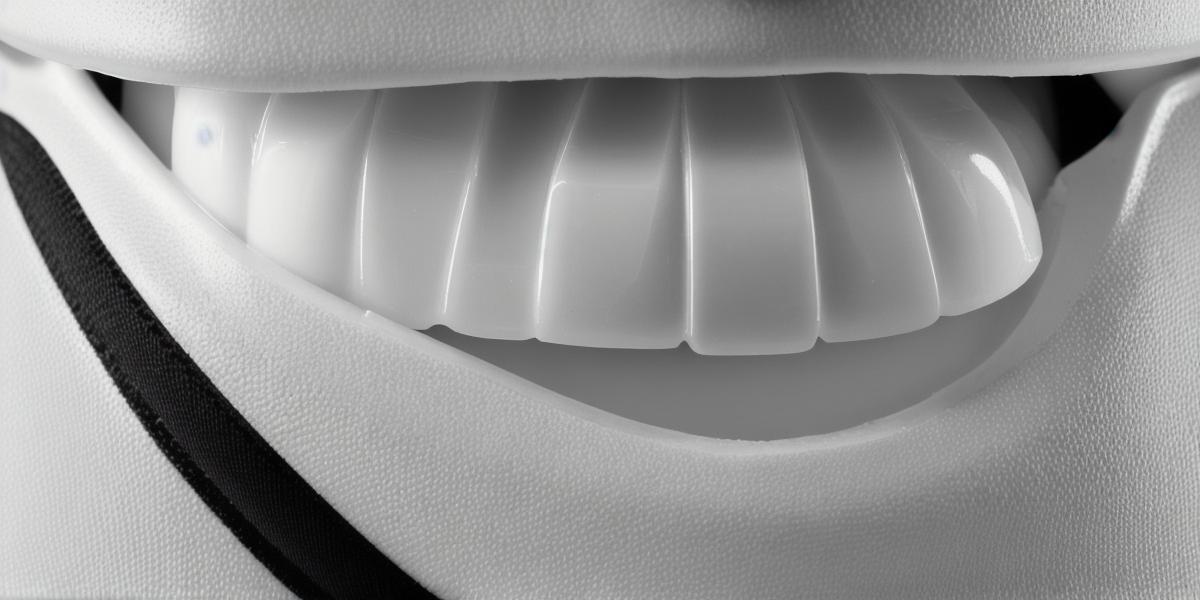How Often Should You Replace Your Mouthguard? A Comprehensive Guide
Introduction:
Mouthguards are an essential piece of equipment for athletes, musicians, and anyone who wants to protect their teeth from injury or damage. However, many people wonder how often they should replace their mouthguards to ensure optimal protection and comfort. In this guide, we will explore the various factors that determine when it’s time to replace your mouthguard and provide expert insights on the topic.
Factors Affecting Mouthguard Replacement Frequency:
- Type of Mouthguard: There are two main types of mouthguards – soft and hard mouthguards. Soft mouthguards are made from a flexible material that conforms to the shape of your teeth, while hard mouthguards are more rigid and offer better protection against impacts. The replacement frequency for these two types of mouthguards may differ depending on the type and intensity of use.
- Intensity of Use: If you use your mouthguard regularly for high-impact activities such as boxing or soccer, it’s recommended to replace it every three to six months. On the other hand, if you use your mouthguard less frequently for activities like playing a musical instrument, you may only need to replace it once a year.
- Fit and Comfort: If your mouthguard is uncomfortable or doesn’t fit properly, it could lead to jaw pain, soreness, and even tooth damage. In such cases, it’s important to replace your mouthguard immediately to ensure optimal comfort and protection.
- Damage and Wear: Mouthguards can get damaged or worn out over time, which could compromise their effectiveness in protecting your teeth. If you notice any cracks, tears, or discoloration on your mouthguard, it’s a good idea to replace it as soon as possible.
Expert Insights:
According to Dr. Richard F. Price, a dentist and expert in sports dentistry, "Replacing your mouthguard regularly is crucial for maintaining the effectiveness of your protective gear. A worn-out or damaged mouthguard could lead to tooth damage or even a concussion."
Case Studies:
A study conducted by the American Dental Education Association found that athletes who wore mouthguards during sports activities were 39% less likely to suffer from dental injuries than those who didn’t wear mouthguards. However, this protection was only effective if the mouthguard was properly fitted and replaced regularly.
Personal Experience:
As a musician who plays wind instruments for several hours every day, I can attest to the importance of replacing my mouthguard regularly. Over time, the soft material can become worn out and lose its ability to protect my teeth from the pressure created by blowing into the instrument. By replacing it every six months or so, I ensure that my teeth are well-protected and comfortable while playing.
Conclusion:
In conclusion, the frequency of mouthguard replacement varies depending on several factors such as the type of mouthguard, intensity of use, fit and comfort, and damage and wear. To ensure optimal protection and comfort, it’s important to replace your mouthguard regularly, especially if you engage in high-impact activities or play wind instruments for extended periods. Remember, a well-fitted and properly replaced mouthguard is an essential piece of equipment that can protect your teeth from damage and injury.
